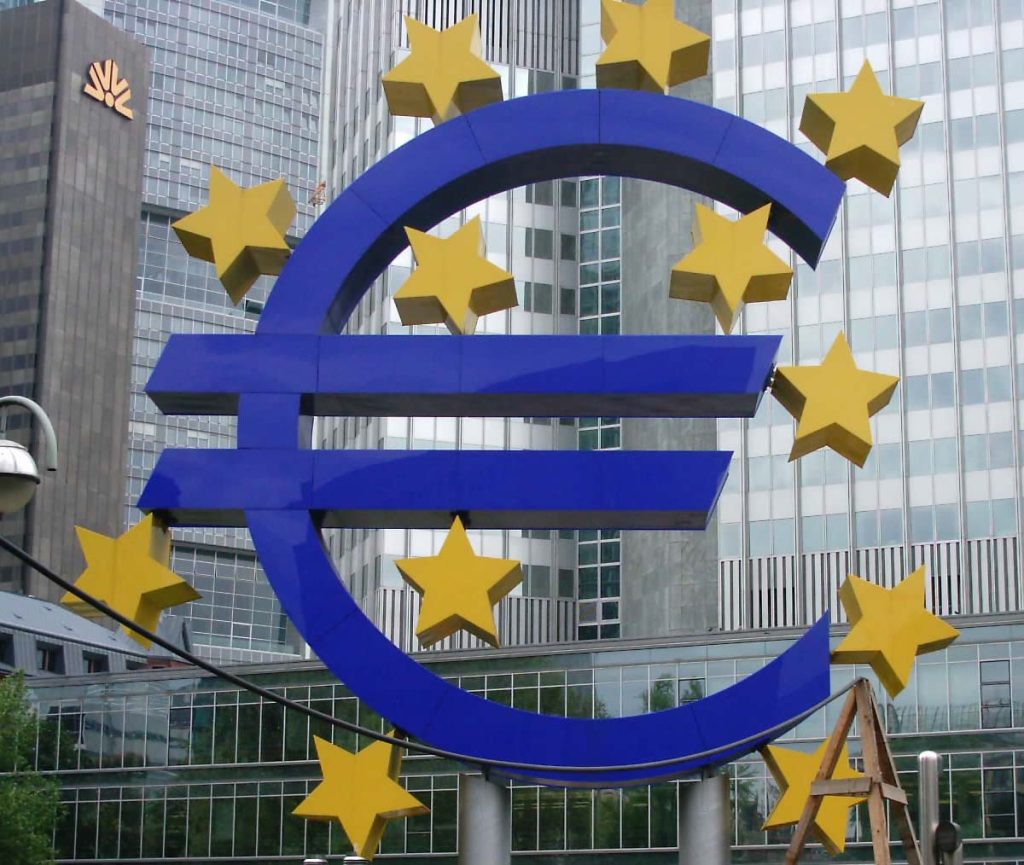[EN] On the eve of the physical introduction of the euro: a critical assessment of three years of EMU
In a few weeks, the euro will become a daily reality for nearly three hundred million Europeans, after having been a reality for three years for the ‘financial markets’ and those who operate within them.

STUDY PUBLISHED IN THE FORMER SERIES ‘EUROPEAN ISSUES’
FOREWORD BY JACQUES DELORS
In a few weeks, the euro will become a daily reality for nearly three hundred million Europeans, after having been so for three years for the ‘financial markets’ and those who operate in them.
If I have played a role in this adventure, even if only by chairing the committee from which it directly emerged, I must admit to being overwhelmed by the political audacity of its resolute implementation. The ‘economic giant/political dwarf’ that is Europe now exists in the world through one of the few instruments that give it the power to act.
And the first effects of this shared power have not been long in coming. Over the past three years, several international financial crises have occurred without causing anything resembling the panic that previously gripped national authorities in similar circumstances. While a few pessimists, often the same ones who opposed the principle of the single currency, lament the supposed ‘weakness of the euro’ on a daily basis, it must be said that in everyday life we find no cause for concern, which is still a considerable change.
Does this mean that by inventing ‘money without a state’, to use Tommaso Padoa-Schioppa’s apt phrase, we have squared the circle? Not quite. We have the instrument to act, but not the arm to use it to achieve what remains the objective: shared economic prosperity. We have created an independent monetary authority, which is openly federal in nature, but we remain divided and hesitant about how to use it in an optimal policy mix that would combine it with economic and fiscal policies to ensure a controlled path of growth and employment. I have said on several occasions that, in this weakness of the ‘economic pole’, I did not recognise ‘my’ child, nor, above all, its purpose.
What then? Hope for a crisis that will force greater economic integration? That would be singularly masochistic. Wait patiently for the single currency to create a European state? That would require an incorrigible functionalism, not to mention that this is certainly not the Europe I want to see, absorbing everything and standardising everything.
What remains is the path of effective coordination, which respects the personality of each member and allows for concerted responses to common challenges, without bringing all political instruments back to Brussels.
This is the path explored by Lluàs Navarro in his meticulous examination of the progress and hesitations that have marked the three years of the single currency’s existence. He draws realistic conclusions that require discernment and determination, but no fundamental upheavals that we do not need. It is a lucid option with which I feel deeply in agreement.





